Ruşii fac diplomaţie cu UE şi continuă războiul în teren. Gori bombardat, ocupat. Convoaie militare ruseşti se îndreaptă spre Tbilisi.
Russian convoy heads into Georgia, violating truce
• So the situation on the ground now legally is that there are two unilateral ceasefires, although the Georgians claim that Russian forces continue their attacks, and the Russian military has laid the predicate for those and further attacks in public statements today [i.e., Tuesday]. The Russian military has also made plain that if a formal ceasefire agreement is not reached, then Russian forces will not withdraw from Ossetia or Abkhazia.
• The Russian Attorney General has announced that Russian law permits the trial of Saakashvili for crimes under the Russian Federation Criminal Code.
• The Russian Foreign Minister has called for an investigation of Georgian war crimes and the punishment of those ultimately responsible by international tribunals, and has said that Russian citizens victimized by Georgians will be bringing individual actions in appropriate European human rights courts.
• The Russian aim is to force Saakashvili from power, preferably using international legal maneuvers (a la Milosevic), but possibly using Russian law instead or in addition.
• The Russians are maintaining their excessive forces in South Ossetia, and continuing to control Georgia’s airspace and conduct periodic attacks in a flagrant effort to compel an immediate Georgian agreement to their armistice terms, conveyed by Sarkozy.
• Russia will not permit South Ossetia and Abkhazia to return to Georgian control, and will move one way or the other to have their independence recognized, and probably soon.
More updates to follow.
Bush Orders Military to Deliver Aid to Georgia
Rice to Make Trip to France, Georgia to Ease Crisis
Georgia says Russia appears to be pulling out
Prezent în Georgia, ministrul rus de externe Serghei Lavrov a reacţionat dur la discursul de azi al preşedintelui Bush.
OUTSIDE GORI, Russian Foreign Minister Sergey Lavrov has lashed out after US President George said it is supporting Georgia’s government, calling its leadership „a special project of the United States.”
„And we understand that the United States is worried about its project,” he said.
Bush earlier said the U.S. is „standing with the democratically elected government of Georgia and insists that the sovereignty and territorial integrity of Georgia be respected.”
Lavrov was quoted by Russian news agencies as saying at some point, the United States will have to choose: „either support for a virtual project, or real partnership on issues that really demand collective action,” referring to U.S. cooperation with Russia in the U.N. Security Council on Iran and other world tension spots.
Capacitatea militară a Georgiei.
Istoricul Victor Davis Hanson despre circumstanţele şi ce înseamnă distrugerea Georgiei.
Lost amid all the controversies surrounding the Georgian tragedy is the sheer diabolic brilliance of the long-planned Russia invasion. Let us count the ways in which it is a win/win situation for Russia.
The Home Front
The long-suffering Russian people resent the loss of global influence and empire, but not necessarily the Soviet Union and its gulags that once ensured such stature. The invasion restores a sense of Russian nationalism and power to its populace without the stink of Stalinism, and is indeed cloaked as a sort of humanitarian intervention on behalf of beleaguered Ossetians.There will be no Russian demonstrations about an “illegal war,” much less nonsense about “blood for oil,” but instead rejoicing at the payback of an uppity former province that felt its Western credentials somehow trumped Russian tanks. How ironic that the Western heartthrob, the old Marxist Mikhail Gorbachev, is now both lamenting Western encouragement of Georgian “aggression,” while simultaneously gloating over the return of Russian military daring.
Sinister Timing
Russia’s only worry is the United States, which currently has a lame-duck president with low approval ratings, and is exhausted after Afghanistan and Iraq. But more importantly, America’s attention is preoccupied with a presidential race, in which “world citizen” Barack Obama has mesmerized Europe as the presumptive new president and soon-to-be disciple of European soft power.Better yet for Russia, instead of speaking with one voice, America is all over the map with three reactions from Bush, McCain, and Obama — all of them mutually contradictory, at least initially. Meanwhile, the world’s televisions are turned toward the Olympics in Beijing. The autocratic Chinese, busy jailing reporters and dissidents, are not about to say an unkind word about Russian intervention. If anything, the pageantry at their grandiose stadiums provides welcome distractions for those embarrassed over the ease with which Russia smothered Georgia.
Comeuppance
Most importantly, Putin and Medvedev have called the West’s bluff. We are sort of stuck in a time-warp of the 1990s, seemingly eons ago in which a once-earnest weak post-Soviet Russia sought Western economic help and political mentoring. But those days are long gone, and diplomacy hasn’t caught up with the new realities. Russia is flush with billions. It serves as a rallying point and arms supplier to thugs the world over that want leverage in their anti-Western agendas. For the last five years, its foreign policy can be reduced to “Whatever the United States is for, we are against.”The geopolitical message is clear to both the West and the former Soviet Republics: don’t consider NATO membership (i.e., do the Georgians really think that, should they have been NATO members, any succor would have been forthcoming?).
Together with the dismal NATO performance in Afghanistan, the Georgian incursion reveals the weakness of the Atlantic Alliance. The tragic irony is unmistakable. NATO was given a gift in not having made Georgia a member, since otherwise an empty ritual of evoking Article V’s promise of mutual assistance in time of war would have effectively destroyed the Potemkin alliance.
The new reality is that a nuclear, cash-rich, and energy-blessed Russia doesn’t really worry too much whether its long-term future is bleak, given problems with Muslim minorities, poor life-expectancy rates, and a declining population. Instead, in the here and now, it has a window of opportunity to reclaim prestige and weaken its adversaries. So why hesitate?
Indeed, tired of European lectures, the Russians are now telling the world that soft power is, well, soft. Moscow doesn’t give a damn about the United Nations, the European Union, the World Court at the Hague, or any finger-pointing moralist from Geneva or London. Did anyone in Paris miss any sleep over the rubble of Grozny?
More likely, Putin & Co. figure that any popular rhetoric about justice will be trumped by European governments’ concern for energy. With just a few tanks and bombs, in one fell swoop, Russia has cowered its former republics, made them think twice about joining the West, and stopped NATO and maybe E.U. expansion in their tracks. After all, who wants to die for Tbilisi?
Russia does not need a global force-projection capacity; it has sufficient power to muscle its neighbors and thereby humiliate not merely its enemies, but their entire moral pretensions as well.
Apologists in the West
The Russians have sized up the moral bankruptcy of the Western Left. They know that half-a-million Europeans would turn out to damn their patron the United States for removing a dictator and fostering democracy, but not more than a half-dozen would do the same to criticize their long-time enemy from bombing a constitutional state.The Russians rightly expect Westerners to turn on themselves, rather than Moscow — and they won’t be disappointed. Imagine the morally equivalent fodder for liberal lament: We were unilateral in Iraq, so we can’t say Russia can’t do the same to Georgia. (As if removing a genocidal dictator is the same as attacking a democracy). We accepted Kosovo’s independence, so why not Ossetia’s? (As if the recent history of Serbia is analogous to Georgia’s.) We are still captive to neo-con fantasies about democracy, and so encouraged Georgia’s efforts that provoked the otherwise reasonable Russians (As if the problem in Ossetia is our principled support for democracy rather than appeasement of Russian dictatorship).
From what the Russians learned of the Western reaction to Iraq, they expect their best apologists will be American politicians, pundits, professors, and essayists — and once more they will not be disappointed. We are a culture, after all, that after damning Iraqi democracy as too violent, broke, and disorganized, is now damning Iraqi democracy as too conniving, rich, and self-interested — the only common denominator being whatever we do, and whomever we help, cannot be good.
Power-power
We talk endlessly about “soft” and “hard” power as if humanitarian jawboning, energized by economic incentives or sanctions, is the antithesis to mindless military power. In truth, there is soft power, hard power, and power-power — the latter being the enormous advantages held by energy rich, oil-exporting states. Take away oil and Saudi Arabia would be the world’s rogue state, with its medieval practice of gender apartheid. Take away oil and Ahmadinejad is analogous to a run-of-the-mill central African thug. Take away oil, and Chavez is one of Ronald Reagan’s proverbial tinhorn dictators.Russia understands that Europe needs its natural gas, that the U.S. not only must be aware of its own oil dependency, but, more importantly, the ripples of its military on the fragility of world oil supplies, especially the effects upon China, Europe, India, and Japan. When one factors in Russian oil and gas reserves, a pipeline through Georgia, the oil dependency of potential critics of Putin, and the cash garnered by oil exports, then we understand once again that power-power is beginning to trump both its hard and soft alternatives.
Paralysis
Military intervention is out of the question. Economic sanctions, given Russia’s oil and Europe’s need for it, are a pipe dream. Diplomatic ostracism and moral stricture won’t even save face.Instead, Europe — both western and eastern — along with the United States and the concerned former Soviet Republics need to sit down, conference, and plot exactly how these new democracies are to maintain their independence and autonomy in the next decade. Hopefully, they will reach the Franklinesque conclusion that “We must, indeed, all hang together, or most assuredly we shall all hang separately.”
Moscow’s Sinister Brilliance — Who wants to die for Tbilisi?
14 august
Ruşii anunţă că predau controlul unor localităţi ocupate, apoi se răzgîndesc. De fapt, ruşii îşi întăresc prezenţa militară în Gori, au intrat cu tancuri şi blindate în Poti (oraş la Marea Neagră) şi alt convoi militar s-a apropiat de oraşul Zugdidi din vestul Georgiei. Generalul Anatoly Nogovitsyn a declarat că forţele ruseşti nu se vor retrage pînă cînd nu vor instaura ordinea. Adică pînă cînd termină de distrus infrastructura militară si de telecomunicaţii a Georgiei.
Ieri, preşedintele Bush a insistat că „the sovereign and territorial integrity of Georgia be respected.”
Azi, ministrul de externe Lavrov i-a răspuns: „the world can forget about any talk about Georgia’s territorial integrity.” Rusia a iniţiat tratative cu Osetia si Abhazia pentru desprindere definitivă a acestor teritorii de sub jurisdicţia Georgiei. Distrugerea teritorială a Georgiei e în grafic.





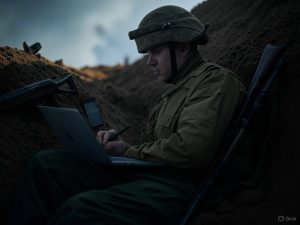
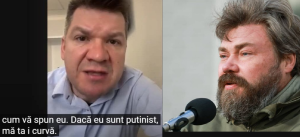
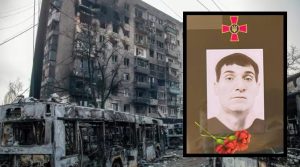

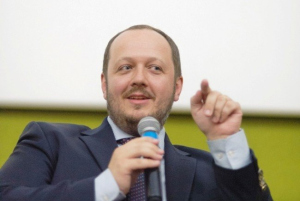
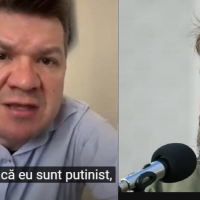
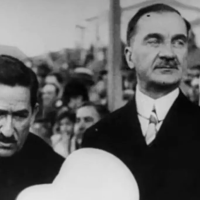


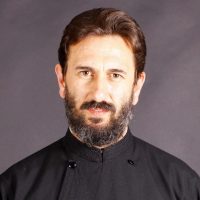
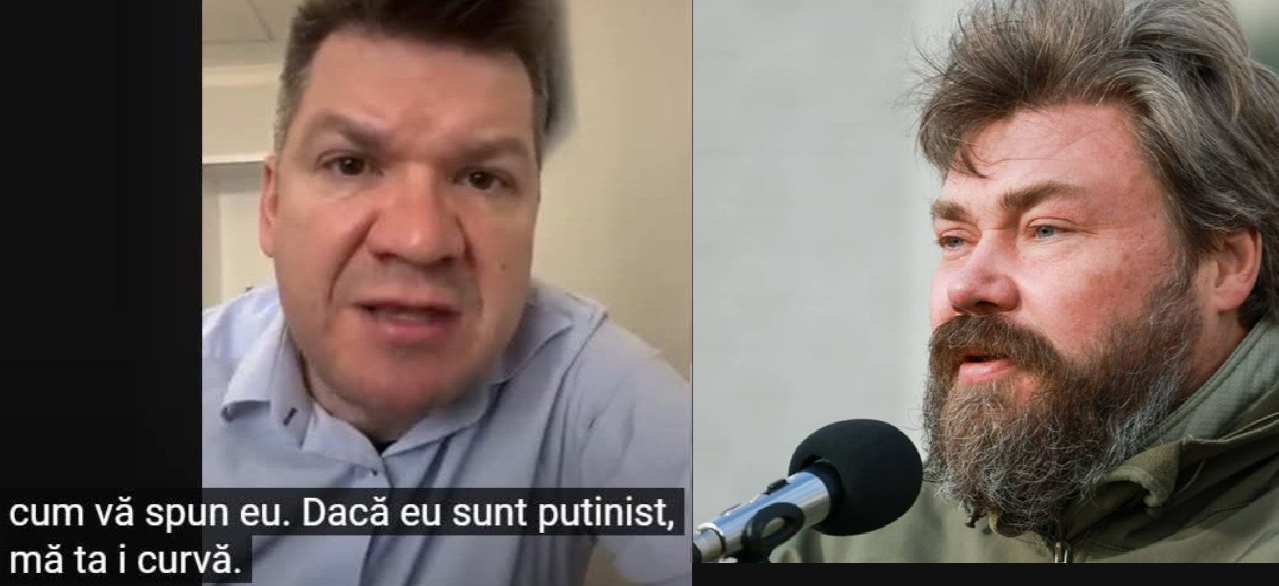
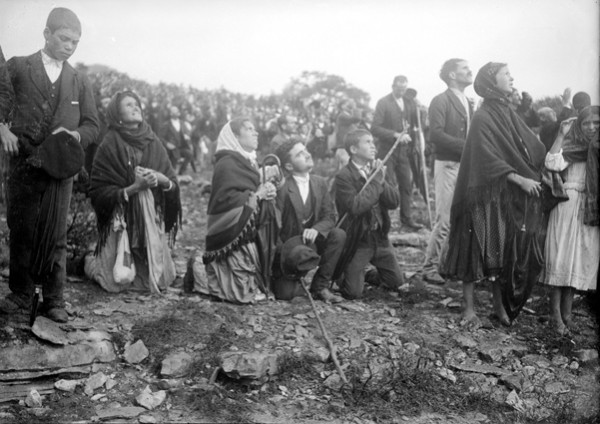

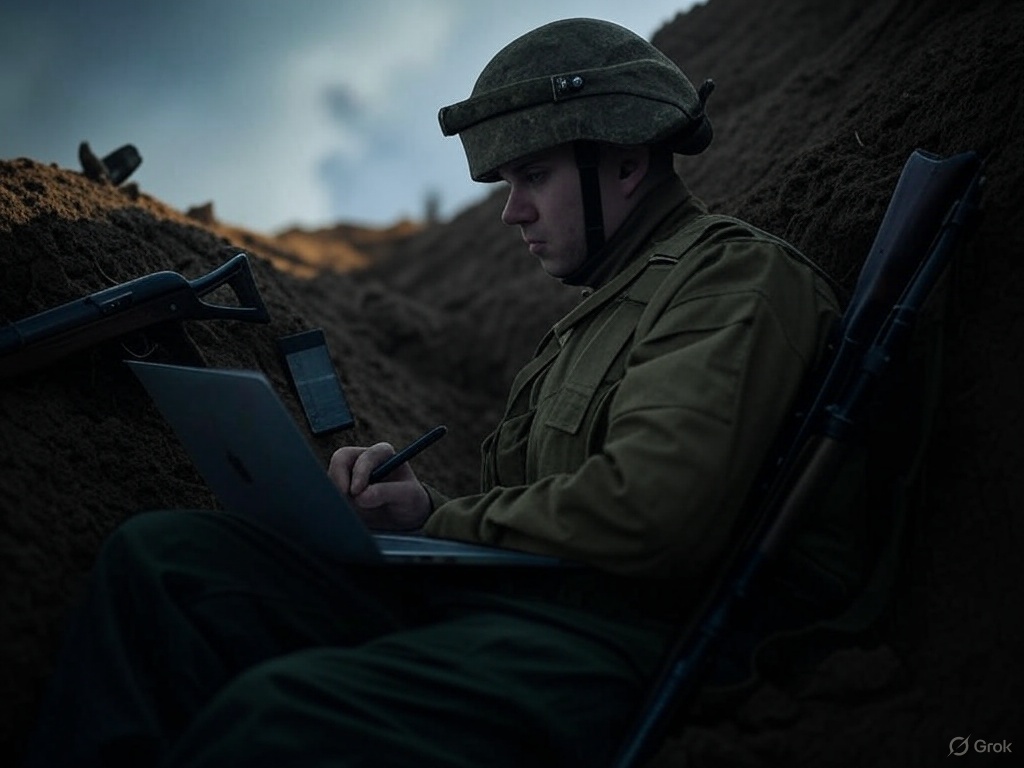
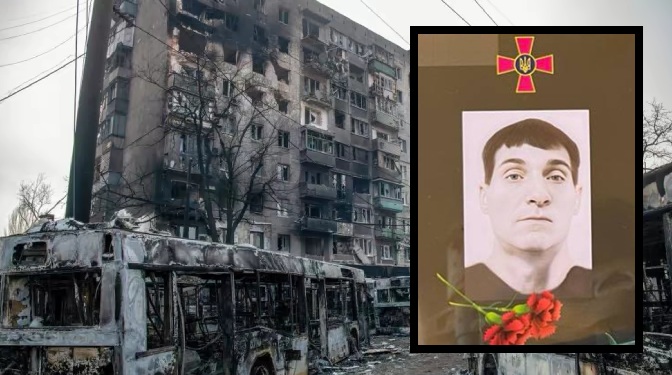


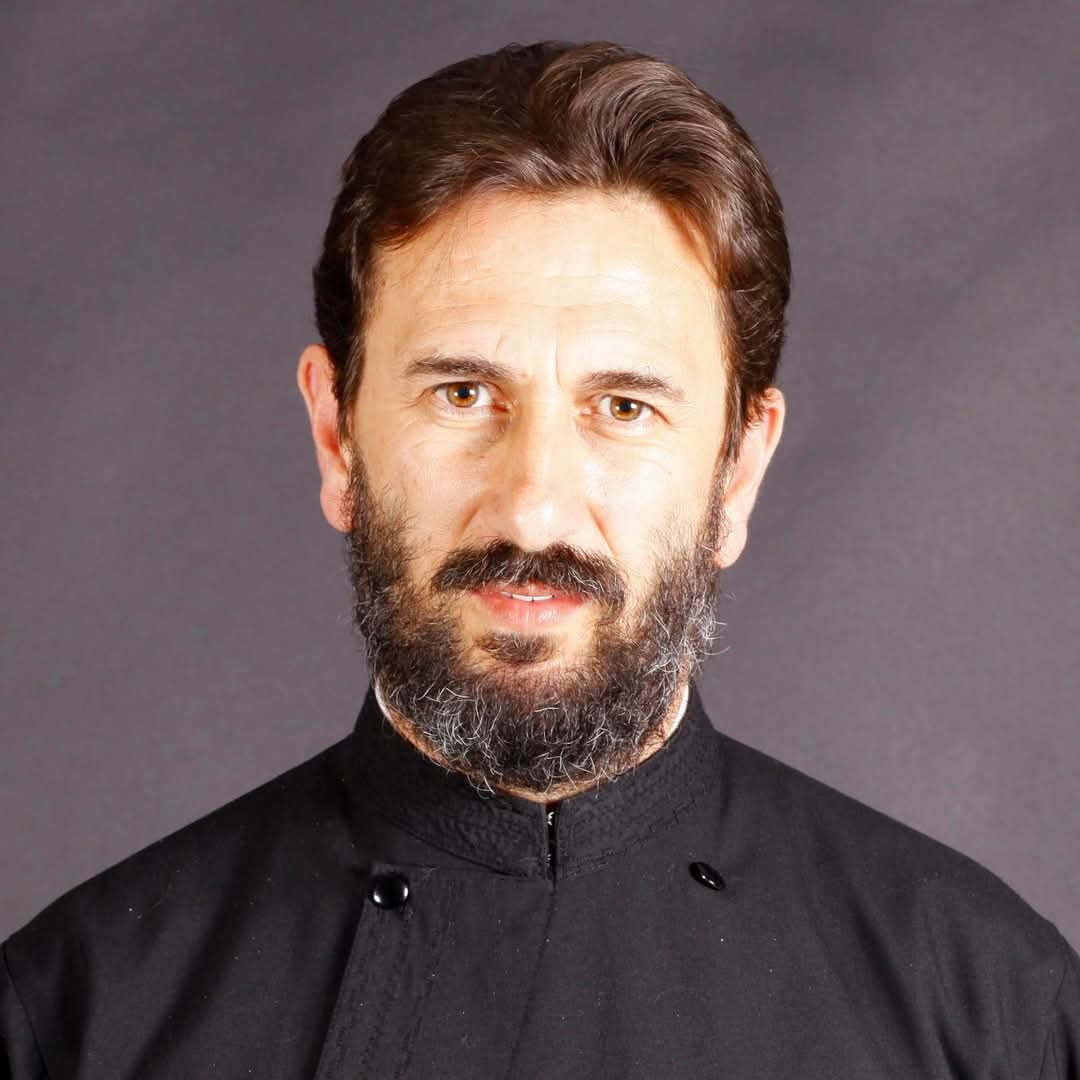
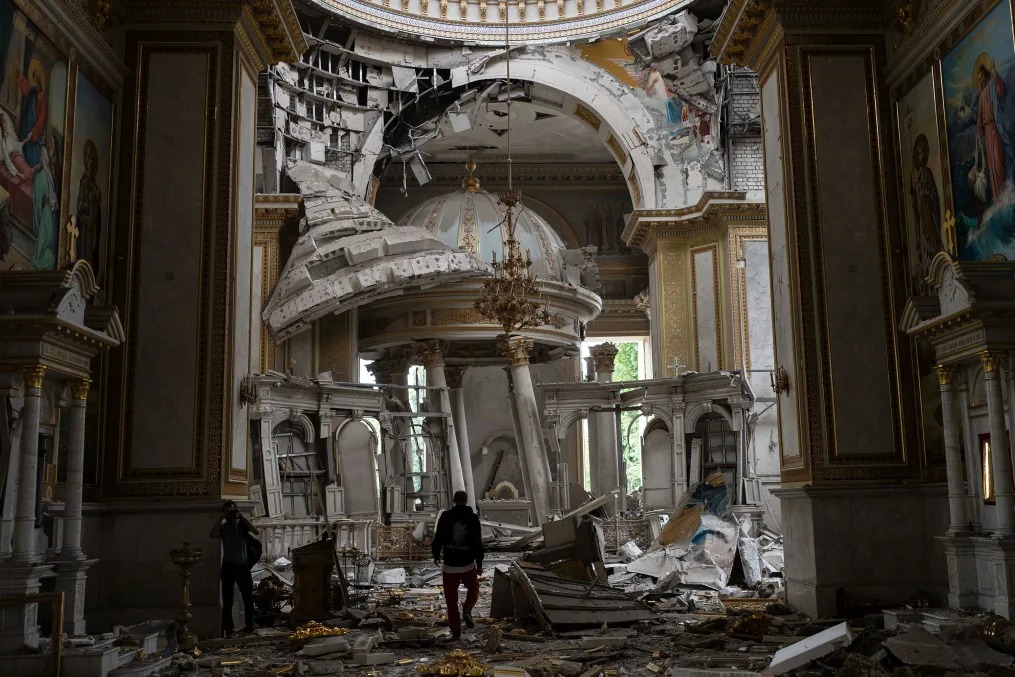
6 Comments
Francesco
13 August 2008Excelent articolul lui Victor Davis Hanson. Printre multele stiri legate de episodul razboiului din Georgia, am vazut pe Hotnews si ca regiunea separatista Transnistria, a intrerupt orice relatii cu Republica Moldova deoarece Chisinaul nu a condamnat agresiunea guvernului de la Tibilisi contra regiunii separatiste Osetia de Sud.
emil
13 August 2008Actualizari la situatia din Georgia. (vezi catre finalul postarii; „finalul” e provizoriu, noi actualizari vor fi adaugate)
Panseluta
13 August 2008Mintea oricarui om cu scaun la cap se blocheaza in fata unei asemeni perversiuni a istoriei ca cea a lui Seamus Milne, editor asociat (persoana cu fonctie!) la The Guardian, UK:
Ce se intimpla in Georgia e o „Poveste despre expansiunea SUA, nu despre agresiunea rusa”:
„This is a tale of US expansion not Russian aggression. War in the Caucasus is as much the product of an American imperial drive as local conflicts. It’s likely to be a taste of things to come.
The outcome of six grim days of bloodshed in the Caucasus has triggered an outpouring of the most nauseating hypocrisy from western politicians and their captive media. As talking heads thundered against Russian imperialism and brutal disproportionality, US vice-president Dick Cheney, faithfully echoed by Gordon Brown and David Miliband, declared that „Russian aggression must not go unanswered”. George Bush denounced Russia for having „invaded a sovereign neighbouring state” and threatening „a democratic government”. Such an action, he insisted, „is unacceptable in the 21st century”.
Could these by any chance be the leaders of the same governments that in 2003 invaded and occupied – along with Georgia, as luck would have it – the sovereign state of Iraq on a false pretext at the cost of hundreds of thousands of lives? Or even the two governments that blocked a ceasefire in the summer of 2006 as Israel pulverised Lebanon’s infrastructure and killed more than a thousand civilians in retaliation for the capture or killing of five soldiers?
You’d be hard put to recall after all the fury over Russian aggression that it was actually Georgia that began the war last Thursday with an all-out attack on South Ossetia to „restore constitutional order” – in other words, rule over an area it has never controlled since the collapse of the Soviet Union. Nor, amid the outrage at Russian bombardments, have there been much more than the briefest references to the atrocities committed by Georgian forces against citizens it claims as its own in South Ossetia’s capital Tskhinvali. Several hundred civilians were killed there by Georgian troops last week, along with Russian soldiers operating under a 1990s peace agreement: „I saw a Georgian soldier throw a grenade into a basement full of women and children,” one Tskhinvali resident, Saramat Tskhovredov, told reporters on Tuesday.
Might it be because Georgia is what Jim Murphy, Britain’s minister for Europe, called a „small beautiful democracy”. Well it’s certainly small and beautiful, but both the current president, Mikheil Saakashvili, and his predecessor came to power in western-backed coups, the most recent prettified as a „Rose revolution”. Saakashvili was then initially rubber-stamped into office with 96% of the vote before establishing what the International Crisis Group recently described as an „increasingly authoritarian” government, violently cracking down on opposition dissent and independent media last November. „Democratic” simply seems to mean „pro-western” in these cases.
The long-running dispute over South Ossetia – as well as Abkhazia, the other contested region of Georgia – is the inevitable consequence of the breakup of the Soviet Union. As in the case of Yugoslavia, minorities who were happy enough to live on either side of an internal boundary that made little difference to their lives feel quite differently when they find themselves on the wrong side of an international state border.
Such problems would be hard enough to settle through negotiation in any circumstances. But add in the tireless US promotion of Georgia as a pro-western, anti-Russian forward base in the region, its efforts to bring Georgia into Nato, the routing of a key Caspian oil pipeline through its territory aimed at weakening Russia’s control of energy supplies, and the US-sponsored recognition of the independence of Kosovo – whose status Russia had explicitly linked to that of South Ossetia and Abkhazia – and conflict was only a matter of time.
The CIA has in fact been closely involved in Georgia since the Soviet collapse. But under the Bush administration, Georgia has become a fully fledged US satellite. Georgia’s forces are armed and trained by the US and Israel. It has the third-largest military contingent in Iraq – hence the US need to airlift 800 of them back to fight the Russians at the weekend. Saakashvili’s links with the neoconservatives in Washington are particularly close: the lobbying firm headed by US Republican candidate John McCain’s top foreign policy adviser, Randy Scheunemann, has been paid nearly $900,000 by the Georgian government since 2004.
But underlying the conflict of the past week has also been the Bush administration’s wider, explicit determination to enforce US global hegemony and prevent any regional challenge, particularly from a resurgent Russia. That aim was first spelled out when Cheney was defence secretary under Bush’s father, but its full impact has only been felt as Russia has begun to recover from the disintegration of the 1990s.
Over the past decade, Nato’s relentless eastward expansion has brought the western military alliance hard up against Russia’s borders and deep into former Soviet territory. American military bases have spread across eastern Europe and central Asia, as the US has helped install one anti-Russian client government after another through a series of colour-coded revolutions. Now the Bush administration is preparing to site a missile defence system in eastern Europe transparently targeted at Russia.
By any sensible reckoning, this is not a story of Russian aggression, but of US imperial expansion and ever tighter encirclement of Russia by a potentially hostile power. That a stronger Russia has now used the South Ossetian imbroglio to put a check on that expansion should hardly come as a surprise. What is harder to work out is why Saakashvili launched last week’s attack and whether he was given any encouragement by his friends in Washington.
If so, it has spectacularly backfired, at savage human cost. And despite Bush’s attempts to talk tough yesterday, the war has also exposed the limits of US power in the region. As long as Georgia proper’s independence is respected – best protected by opting for neutrality – that should be no bad thing. Unipolar domination of the world has squeezed the space for genuine self-determination and the return of some counterweight has to be welcome. But the process of adjustment also brings huge dangers. If Georgia had been a member of Nato, this week’s conflict would have risked a far sharper escalation. That would be even more obvious in the case of Ukraine – which yesterday gave a warning of the potential for future confrontation when its pro-western president threatened to restrict the movement of Russian ships in and out of their Crimean base in Sevastopol. As great power conflict returns, South Ossetia is likely to be only a taste of things to come. „
emil
13 August 2008Costin, am sters comentariul lui Eric. E spam. Acuma, poate m-am pripit. Sorry, Eric man. Dar daca intelegi romaneste suficient de bine ca sa citesti, baga si o vorba doua pre limba asta.
PS
Costin, sablonul grafic imi apare deplasat in text. Asa il vezi si tu?
PS2
S-a rezolvat.
costin
13 August 2008emil, imi apare citeodata deplasat. dau refresh si isi revine. apoi mi se intimpla ca in google chrome, la unele articole, toata pagina sa fie neagra, sa nu se vada textul. daca se intimpla ma mut pe firefox si merge
emil
13 August 2008Oh, man. Cind apare deplasat e datorita linkurilor prea lungi din dreapta, de la sumarul de comentarii. Le mai indrept eu pe alea. Foarte rar vad si eu pagina neagra… cu un refresh isi revine.